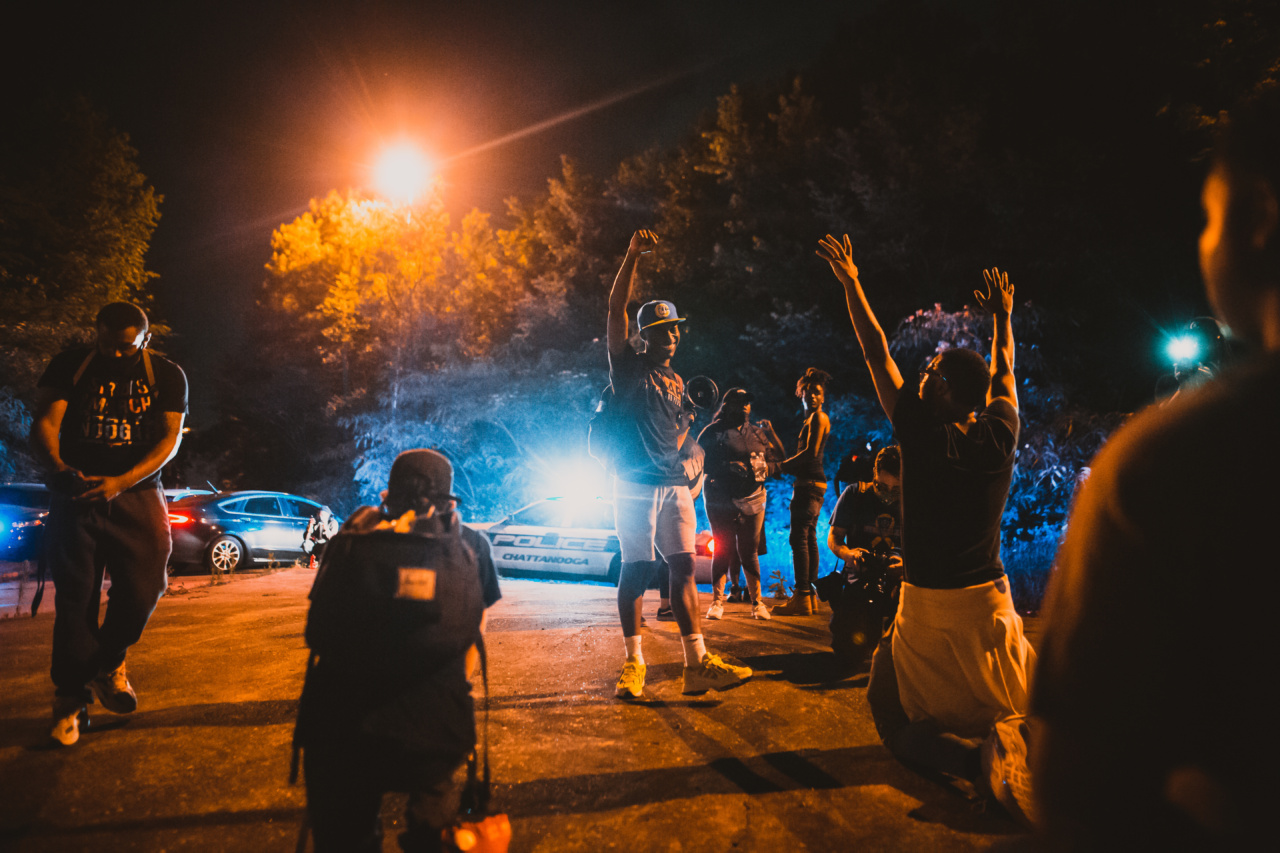Imprisonment is a form of punishment for committing a crime. However, being HIV positive in prison adds another layer of complexity in already challenging living conditions.
According to the World Health Organization, prisoners have a higher risk of contracting infectious diseases, including HIV.
HIV/AIDS in Korydallu Prisons
Korydallos Prison is one of the largest and overcrowded prisons in Greece. It is estimated that over 30% of prisoners in Korydallos are HIV positive.
The living conditions in prisons, including Korydallos, are inadequate, which makes it difficult for HIV positive inmates to receive proper healthcare.
The Rights of HIV Positive Inmates in Prison
Being HIV positive does not take away an individual’s rights. It is the responsibility of the prison authorities to ensure that all prisoners, including those living with HIV, receive proper medical care and treatment.
Article 12 of the International Covenant on Economic, Social and Cultural Rights recognizes the right of everyone to the “highest attainable standard of physical and mental health.” This includes HIV positive inmates in prison.
Challenges Faced by HIV Positive Inmates in Korydallos
There are several challenges that HIV positive inmates face in Korydallos and other prisons. The first is the lack of access to HIV treatment and care.
The prison authorities sometimes deny HIV positive inmates medical treatment, which exacerbates their condition. Additionally, there is a lack of privacy, and HIV positive inmates are often stigmatized and discriminated against by other inmates and the prison staff. This leads to an increased risk of depression and anxiety.
Improving Healthcare for HIV Positive Inmates in Korydallos
The Greek government needs to improve the healthcare infrastructure in Korydallos and other prisons to ensure that all inmates, including those living with HIV, receive proper medical treatment.
The government should allocate more funds to prison healthcare services. This will enable HIV positive inmates to access antiretroviral therapy and other medical treatment that they need.
The Role of Non-Governmental Organizations and Civil Society
Non-governmental organizations (NGOs) and civil society groups play a critical role in advocating for the rights of HIV positive inmates in Korydallos.
They can raise public awareness and lobby the government to improve the living conditions for inmates in prisons. NGOs can provide counseling services and other social services to HIV positive inmates. They can also monitor the activities of prisons and report any human rights violations to the relevant authorities.
Conclusion
HIV positive inmates in Korydallos and other prisons face numerous challenges, including a lack of access to medical care and stigmatization.
The Greek government needs to allocate more funds to prison healthcare services and improve the infrastructure in prisons. Non-governmental organizations and civil society groups can raise public awareness, provide counseling services, and monitor prisons to ensure that the rights of HIV positive inmates are protected.





























